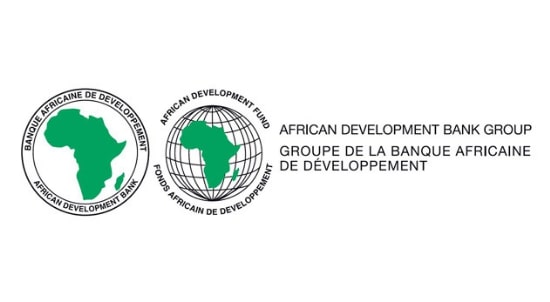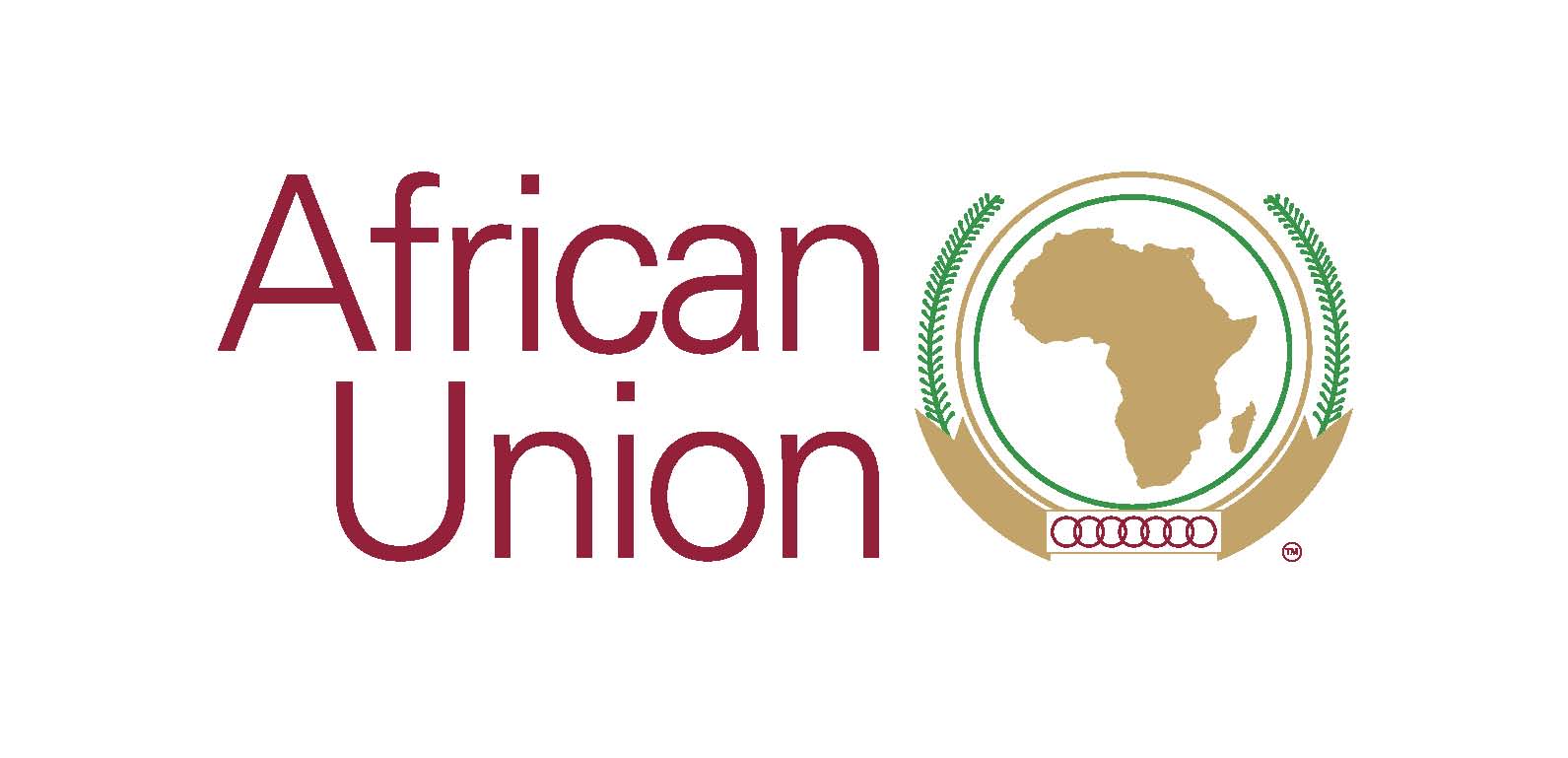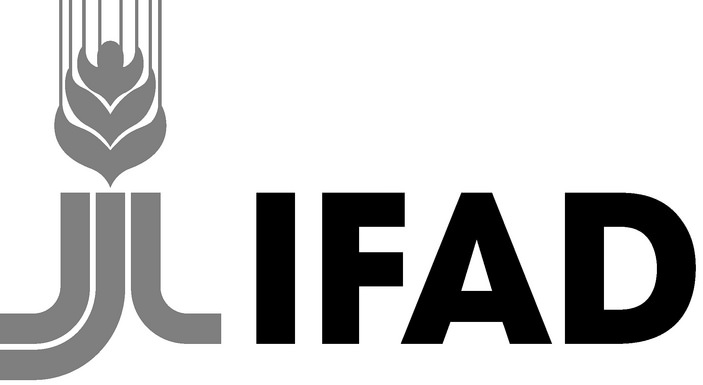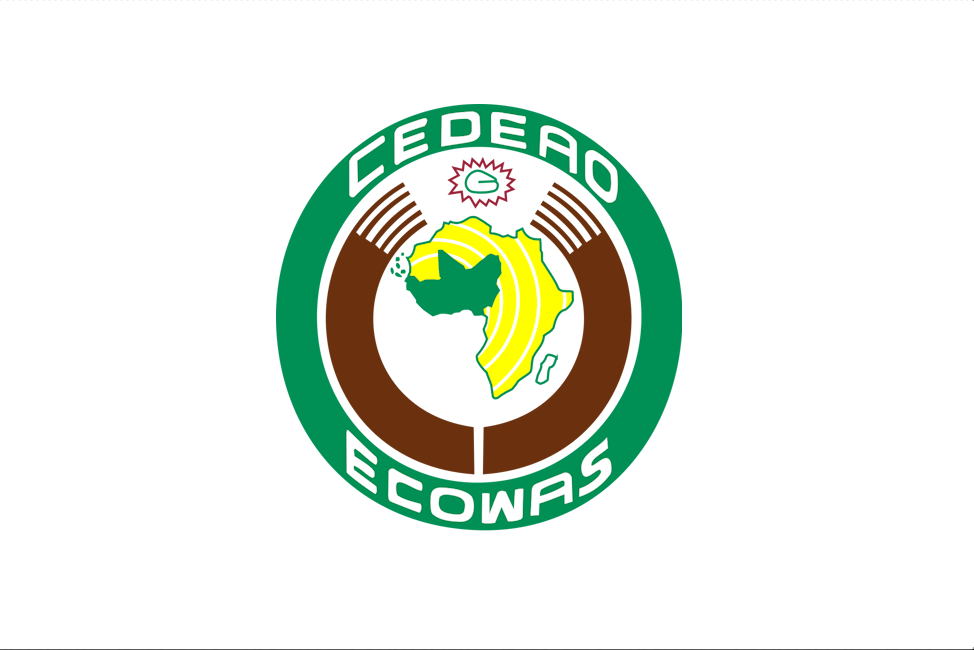African Development Bank and Bank of Africa Tanzania sign $7.5 million facility to boost trade finance

The African Development Bank and the Bank of Africa Tanzania (BOAT) have signed a $7.5 million trade finance transaction guarantee facility to boost trade finance activities of the Bank of Africa in Tanzania.
Under this facility, the African Development Bank will provide a guarantee of up to 100% to confirming banks against non-payment risks arising from letters of credit and similar trade finance instruments issued by the Bank of Africa Tanzania.
AU Commission Chairperson and President Kagame Discuss Africa’s Digital Future, Regional Security, and AU Reforms

The Chairperson of the African Union Commission H.E. Mahmoud Ali Youssouf concluded a productive meeting with H.E. President Paul Kagame in Kigali today, expressing gratitude for Rwanda’s leadership in Africa’s digital transformation. The Chairperson commended Rwanda for hosting the Global AI Summit on Africa and its pioneering efforts in innovation and technology.
African Forum on Mining Calls for Bold Action to Transform the Continent’s Mineral Sector

The 3rd African Forum on Mining (AFM), held from March 19 to 21, 2025, at the African Union Commission’s Headquarters, concluded with a strong call to action for African nations to harness their vast mineral wealth for sustainable development, industrialization, and economic transformation.
Nigeria’s Agro-Revolution: Construction of Special Agro-Industrial Processing Zones (SAPZ) begins

Nigeria’s food and agriculture sector is set to enter a new era of industrialization, as the Nigerian government, the African Development Bank, and the State government of Kaduna kickstart the construction of Phase 1 of the Special Agro-industrial Processing Zones (SAPZ) program.
Africa Fertilizer Financing Mechanism lauded for projects worth $10.3 million in Kenya, Uganda, Mozambique, and Zimbabwe

The Africa Fertilizer Financing Mechanism (The Mechanism) is making significant strides toward closing Africa’s agricultural productivity gap. At its 14th Governing Council meeting, held on 20 March 2025 in Nairobi, Kenya, the Mechanism reported that its initiatives had facilitated access to 18,448 tons of fertilizer for 115,535 smallholder farmers across Kenya, Uganda, Mozambique, and Zimbabwe during 2024.
IFAD and the Development Bank of Southern Africa partner for rural development across Africa

Rome/Cape Town, 26 February 2025. The International Fund for Agricultural Development (IFAD) and the Development Bank of Southern Africa (DBSA) have signed a Memorandum of Understanding (MoU) to join forces in rural development projects across the African continent.
African Development Bank and ECOWAS Commission sign $11.78 million agreement to strengthen rice value chains in West Africa

The African Development Bank and the Economic Community of West African States (ECOWAS) Commission have signed a Protocol of Agreement for a grant of $11.78 million to strengthen regional rice production, to help ensure food security, and reduce West Africa’s dependence on costly rice imports.
Deepening Cooperation: President Touray receives Envoys of Cuba, Angola and Ethiopia in Abuja

The President of the ECOWAS Commission, H.E. Dr. Omar Alieu Touray received Ambassadors of Cuba, Angola and Ethiopia at the Commission Headquarters in Abuja, Nigeria, today, March 4, 2025.
H.E. Miriam Morales Palmero, Ambassador of the Republic of Cuba to the Federal Republic of Nigeria and ECOWAS discussed cooperation in the health sector and partnership with the West African Health Organisation (WAHO).
ECOWAS engages with the German Embassy to Nigeria to strengthen and boost areas of Cooperation through GIZ Programs

The Vice-President of the Commission of the Economic Community of West African States (ECOWAS), Ms Damtien Larbli Tchintchibidja, has emphasized the deepening of long-standing relations between Germany and the regional organization.
During a courtesy visit by the West African country office directors of the German Agency for International Cooperation, better known by its acronym GIZ, led by the Head of Cooperation Development of the German Embassy near Nigeria, to the headquarters of the said Commission in Abuja, Nigeria, on Thursday February 27, 2025, Ms. Tchintchibidja urged her hosts to discuss bilateral cooperation and the strengthening of coordination between stakeholders.
African Development Bank Vice President visits Angola to strengthen investment

African Development Bank Vice-President Solomon Quaynor has concluded a two-day mission to Angola for meetings with government and private sector stakeholders and to affirm the Bank’s support for existing and new investment initiatives.
The Bank Group’s Country Manager for Angola and São Tomé, Pietro Toigo, and other Bank staff joined Quaynor on the visit, which took place from March 4 - 6, 2025.




